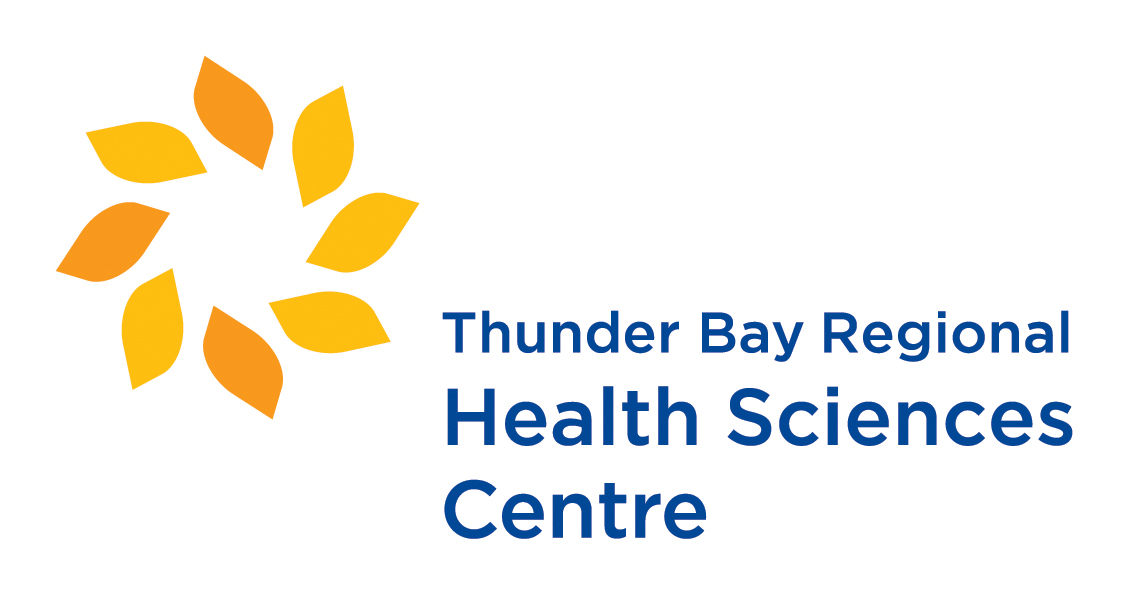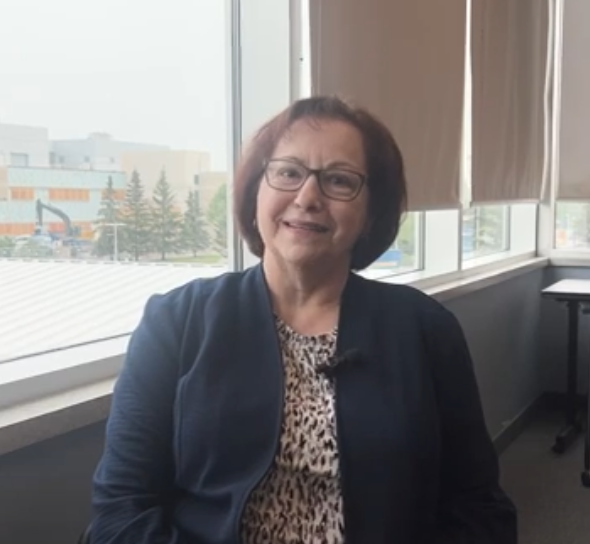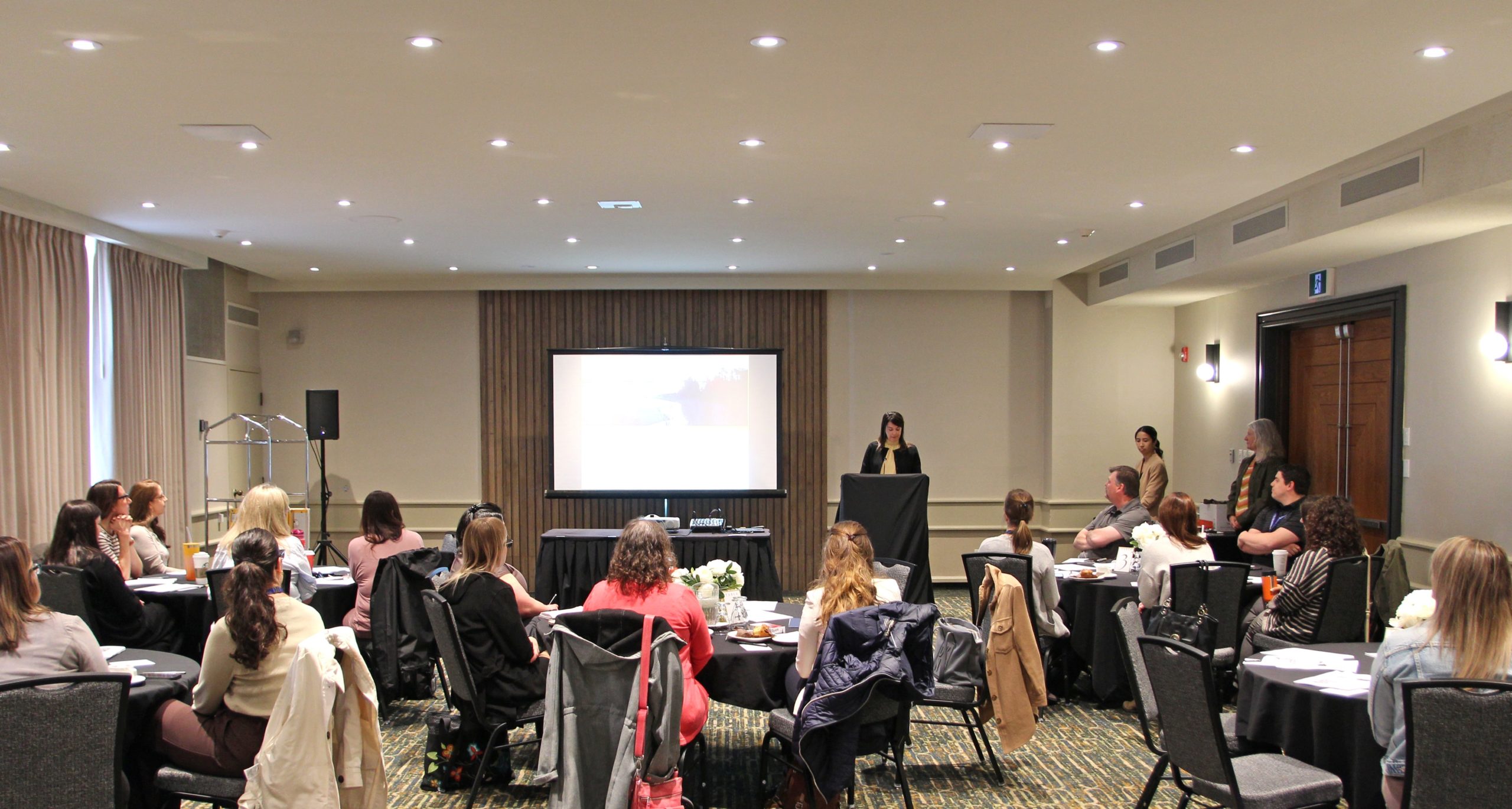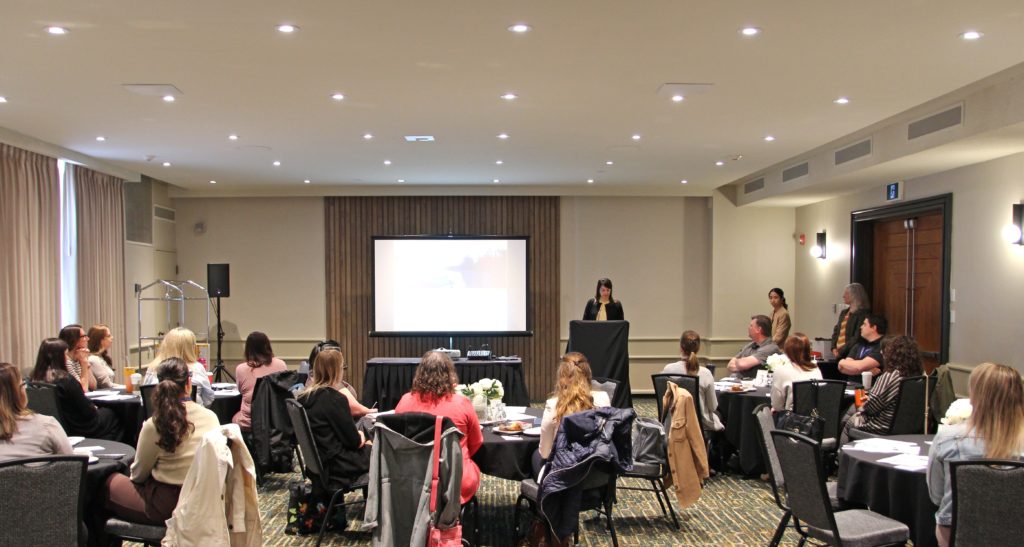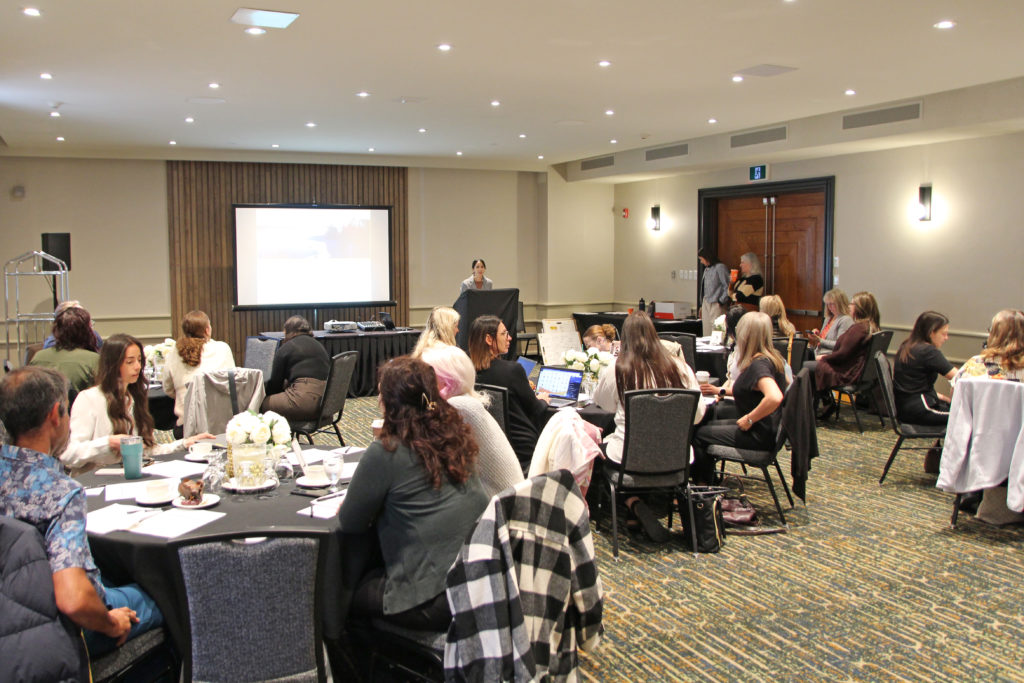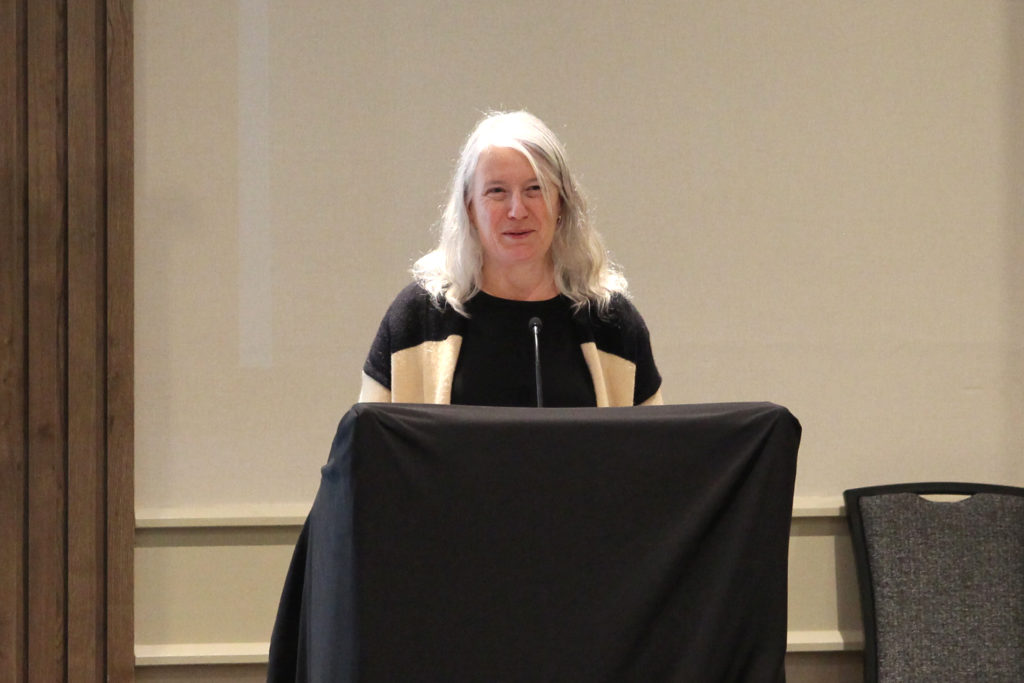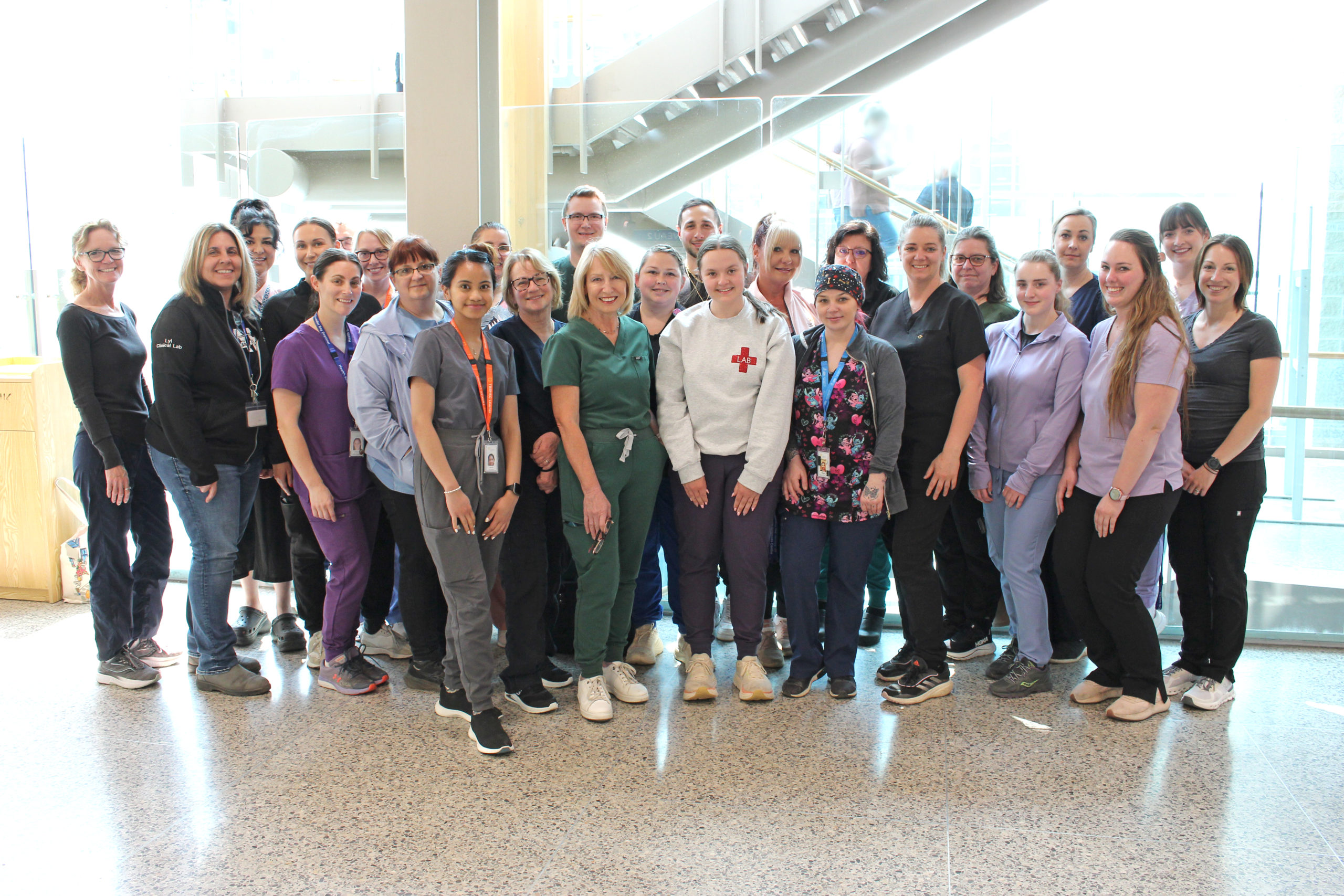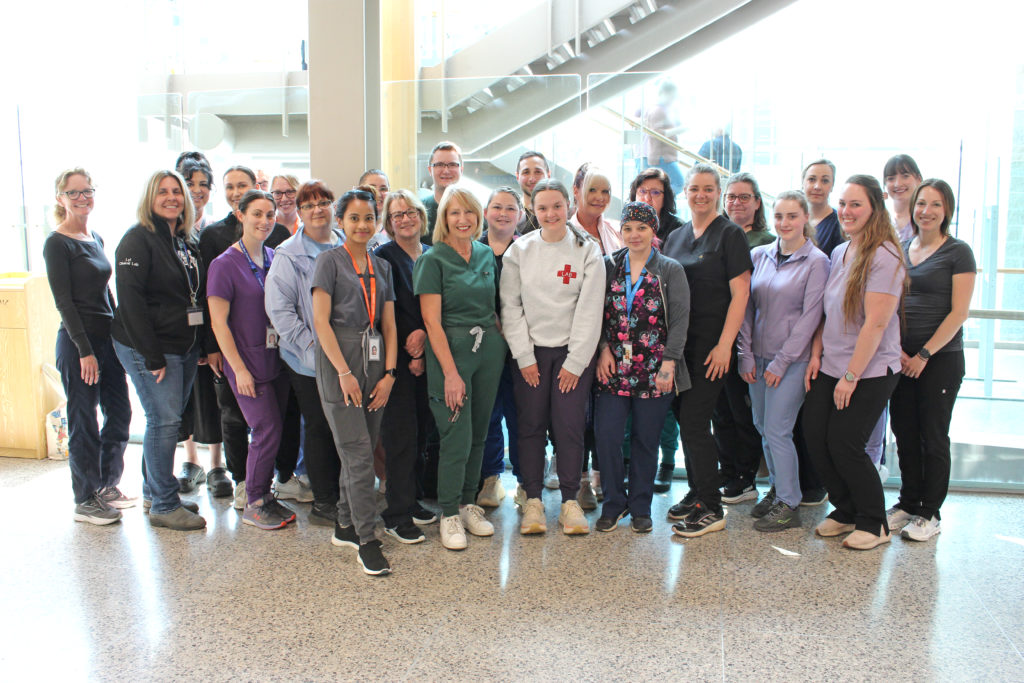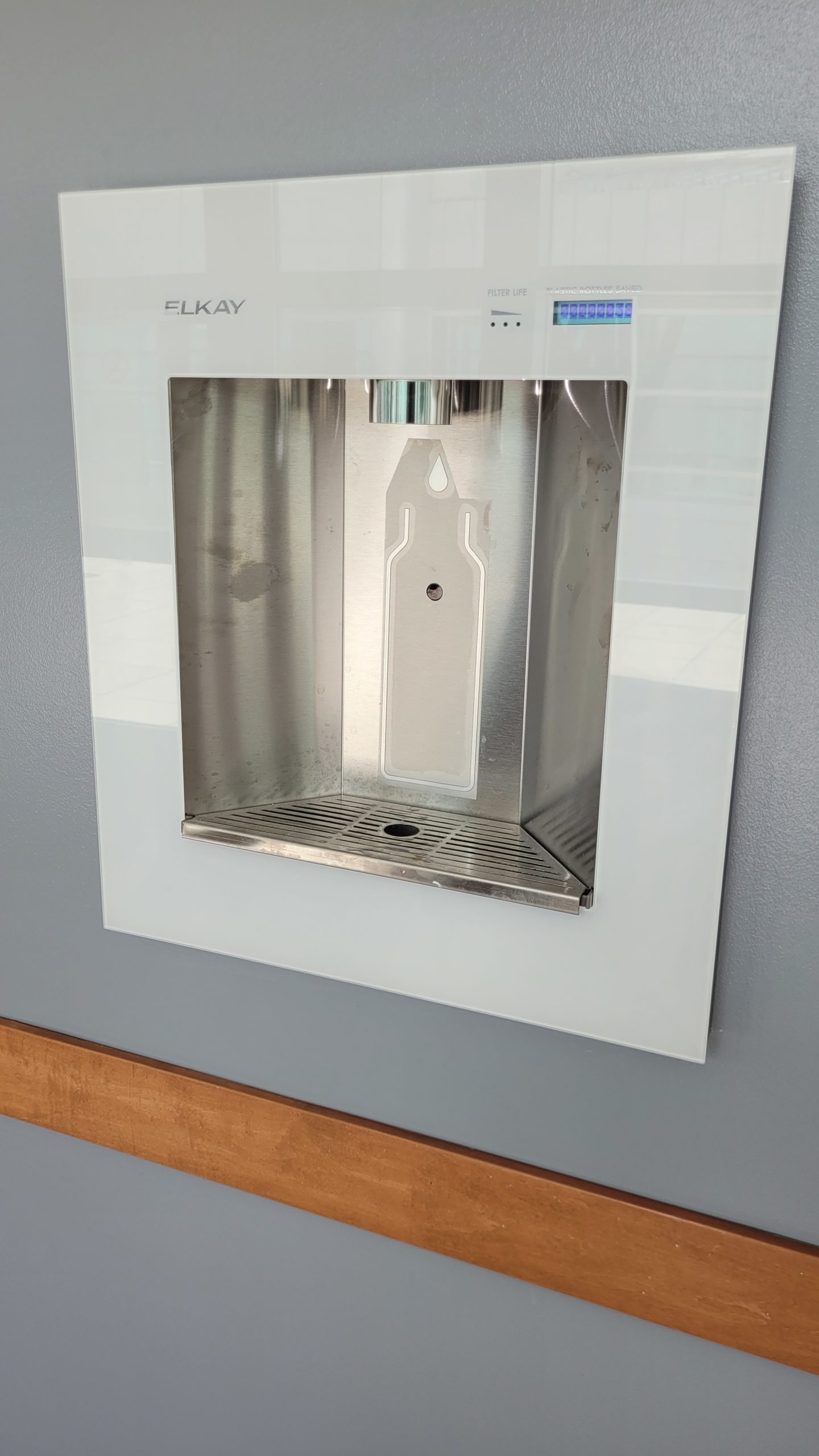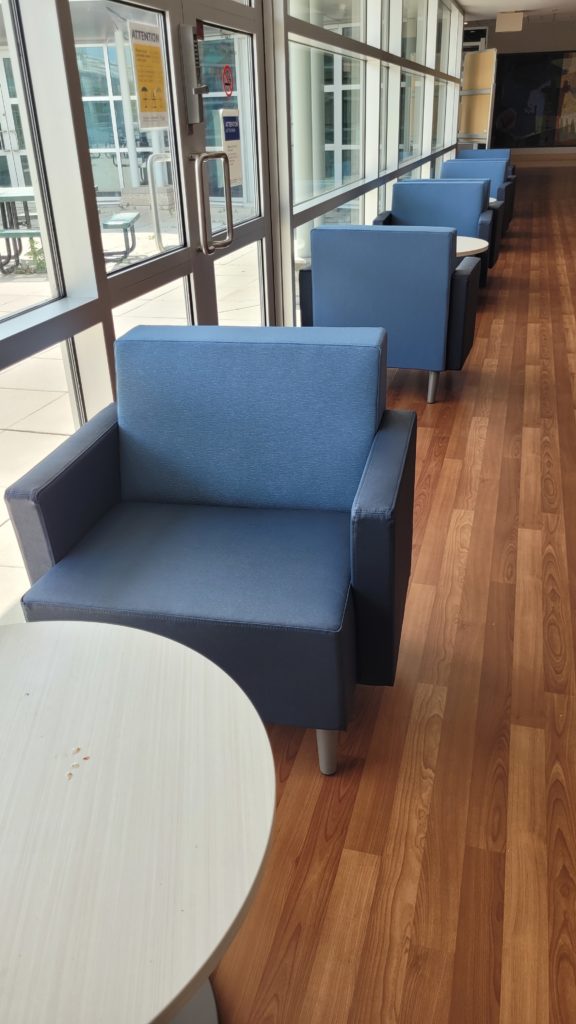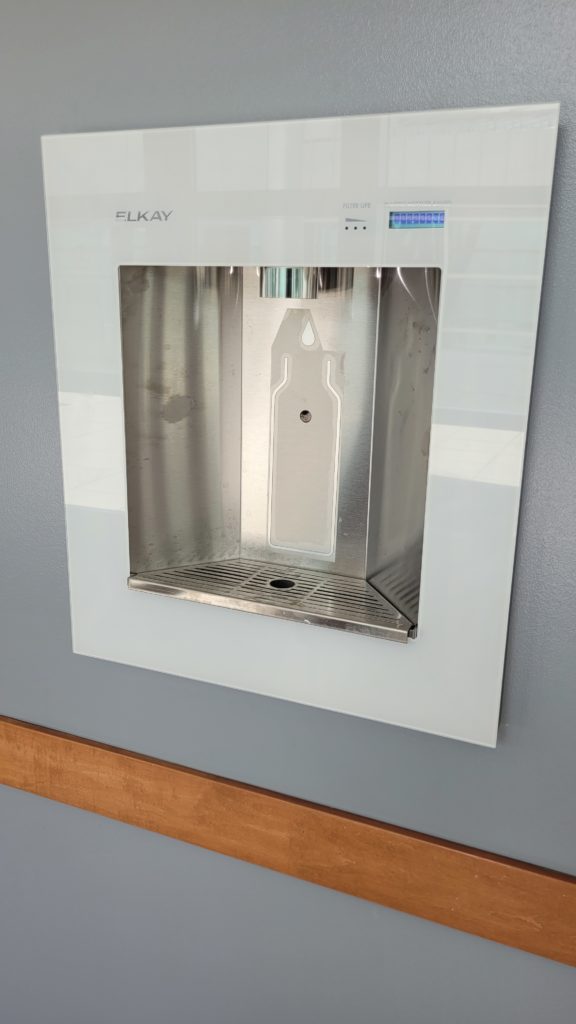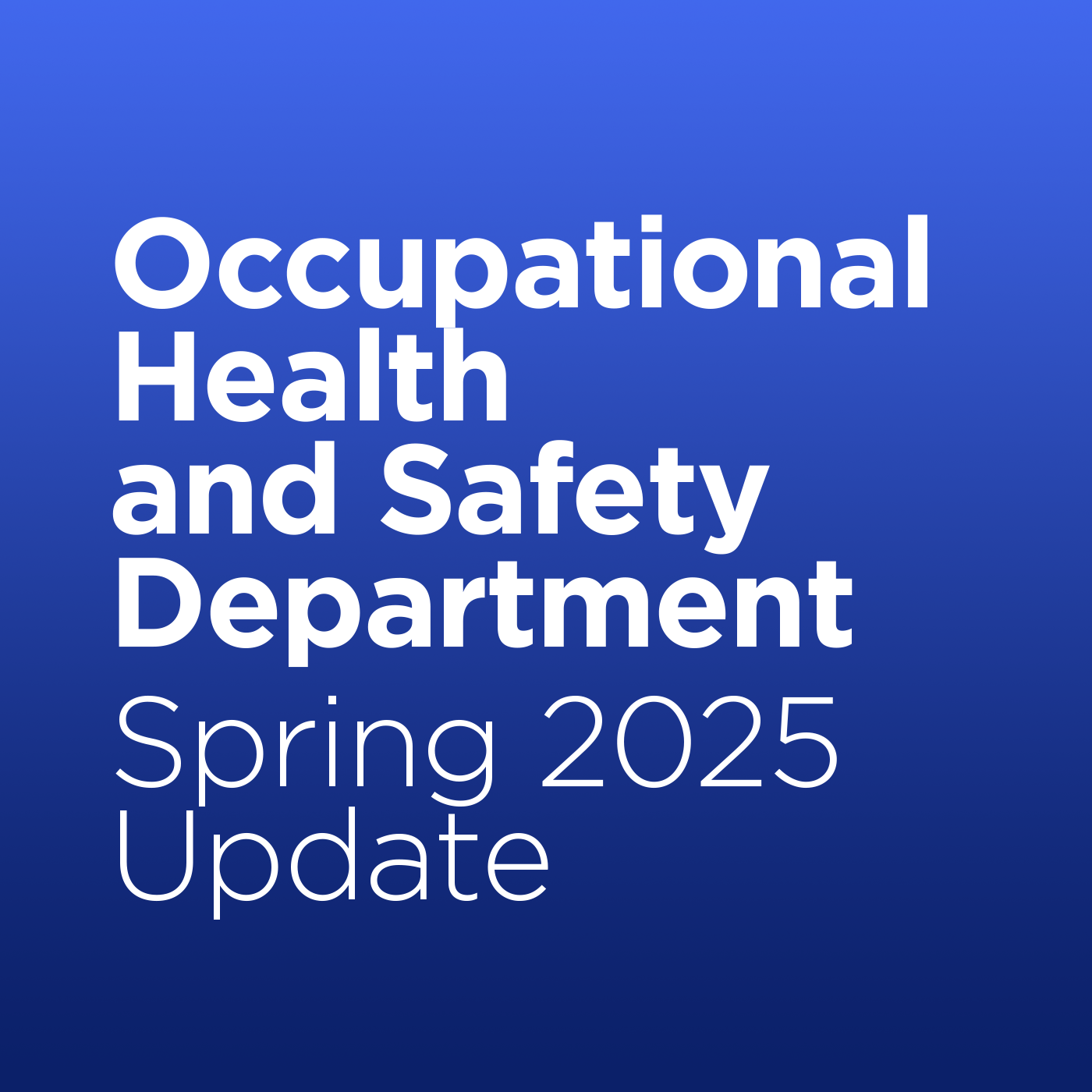Thunder Bay Regional Health Sciences Centre (TBRHSC), in partnership with University Health Network’s Peter Munk Cardiac Centre, is taking a bold step forward to enhance cardiovascular care in Northwestern Ontario.
Together, we are co-developing a new Cardiovascular Surgery (CVS) Program at TBRHSC—an initiative that will transform access to life-saving cardiac care for our region.
We are now entering a truly exciting phase of this project. More than 76,000 square feet of space at our Hospital will be renovated and expanded to support a comprehensive CVS program. This will enable us to deliver vital cardiac procedures right here in Thunder Bay—reducing wait times for both urgent and elective surgeries and ensuring that patients across our region have timely access to essential, specialized care.
To mark this important milestone, we spoke with some of the staff and health care providers who are directly involved in shaping this program. We asked them a simple question:
“What does care closer to home mean to you?”
Here’s what they had to say.
